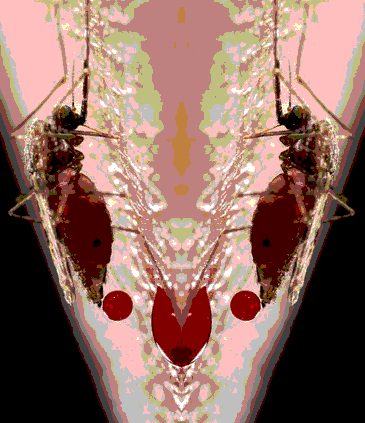Semi-effective malaria vaccine moves forward
 The World Health Organisation is investigating when and where to use an exciting new malaria vaccine.
The World Health Organisation is investigating when and where to use an exciting new malaria vaccine.
The WHO is conducting the latest stage of the approval of a new shot called RTS,S or Mosquirix - the world's first malaria vaccine.
In fact, it is the first licensed human vaccine against a parasitic disease, and stands to save some of the 600,000 people who die of malaria every year.
Over 80 per cent of malaria deaths are children under five years old.
After a positive recommendation from the European Medicines Agency (EMA), the World Health Organisation is expected to give its guidance this year.
But the drug is not 100 per cent effective; in fact it is not even close.
Trial data released in 2011 and 2012 found it reduced episodes of malaria in babies aged 6-12 weeks by just 27 per cent, and by around 46 per cent in children aged 5-17 months.
For many, even a roughly 30 per cent reduction in malaria cases is an amazing step forward.
The CEO of British drug-maker GlaxoSmithKline said his company’s new vaccine would be a big help, but is not a final solution.
“While RTS,S on its own is not the complete answer to malaria, its use alongside those interventions currently available such as bed nets and insecticides would provide a very meaningful contribution to controlling the impact of malaria on children in those African communities that need it the most,” he said in a statement.
EMA has recommended that the vaccine should be licensed for use in babies in the full age range covered in earlier trials — from 6 weeks to 17 months.
But this has led some malaria specialists to express concern about the complexities and potential costs of deploying the first ever vaccine, especially given that it only provides partial protection.
However, Joe Cohen - the GSK scientist who has led the development of Mosquirix since 1987 – says he has “absolutely no reservations in terms of rolling this vaccine out”.
“Why? Because the efficacy, when translated into cases averted and deaths averted, is just tremendous. It will have an enormously significant public health impact,” he said.
The vaccine was partly funded by the Bill & Melinda Gates Foundation.







 Print
Print